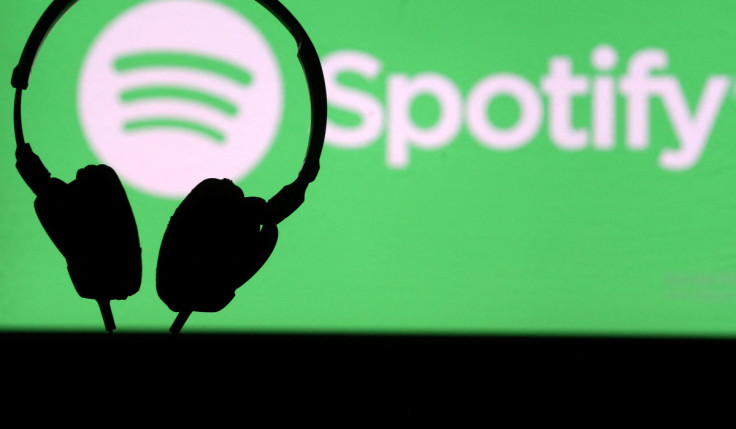
In a strategic move to address financial challenges, Spotify, the globally renowned music streaming platform, has announced a significant workforce reduction, shedding around 17 per cent of its workforce.
The decision comes as the company grapples with mounting costs and seeks to streamline its operations for sustained financial viability.
The music streaming giant, headquartered in Stockholm, Sweden, confirmed the job cuts in a recent statement.
The move is seen as a response to the increased financial pressures Spotify faces in an intensely competitive market, where securing a profitable foothold remains a continual challenge.
Spotify's billionaire founder and CEO, Daniel Ek, announced the significant workforce reduction, terminating around 1,600 company employees.
This marks the third and most substantial round of layoffs in 2023, a move attributed to pressure from an activist investor.
Ek conveyed this decision to employees through a message published on Spotify's website on Monday.
He informed staff members that those impacted by the cuts would receive a calendar invitation for a one-on-one conversation with HR within the next two hours.
Spotify's decision to trim its workforce reflects the broader challenges faced by digital streaming platforms, exacerbated by rising licensing fees, content creation costs and fierce competition.
As the company seeks to navigate this landscape, the strategic reduction in staff aims to create a leaner and more efficient organisational structure.
The job cuts are expected to impact various departments across the company, with reports suggesting that roles in research and development, marketing and customer support will be particularly affected.
By focusing on key areas, Spotify aims to reallocate resources and bolster its ability to innovate and adapt to industry dynamics.
The job cuts also raise questions about the impact on Spotify's company culture.
The firm has long prided itself on fostering a creative and collaborative environment.
With a reduction in workforce, maintaining this culture becomes a critical consideration, and Spotify's leadership has indicated their commitment to preserving the company's unique ethos.
The music streaming industry has witnessed intensified competition in recent years, with platforms vying for market share through exclusive content deals, personalised algorithms and expanded service offerings.
Amid this landscape, Spotify's move to cut jobs aligns with a broader trend of digital platforms grappling with the need to balance innovation and cost management.
Spotify continues to uphold lucrative podcasting partnerships, including a controversial deal with Joe Rogan and others featuring influencers like Emma Chamberlain and comedian Trevor Noah.
In October, the company announced plans to provide customers with up to 15 hours of audiobooks monthly, diversifying its revenue streams and directly competing with platforms like Amazon-owned Audible.
Daniel Ek, Spotify's CEO, acknowledged the company's advantageous borrowing during 2020 and 2021 when interest rates dropped amid the pandemic.
However, Ek noted that the financial landscape has evolved, stating: "We now find ourselves in a very different environment."
"Despite our efforts to trim costs over the past year, our cost structure remains larger than necessary," Ek mentioned in a message. The company, valued at over $35 billion on the New York Stock Exchange, has attracted the attention of San Francisco-based activist investor ValueAct, which has acquired a $220 million stake.
Mason Morfit, CEO of ValueAct, criticised Spotify, asserting that its costs had "exploded" and suggested that the company was "built for the bubble."
The critique underscores the ongoing challenges Spotify faces in aligning its cost structure with the current business landscape.
Spotify has continually invested in podcast content and technology enhancements to diversify its offerings and attract new subscribers.
However, such initiatives come with substantial financial commitments. The recent job cuts may indicate a recalibration of priorities as the company seeks a sustainable financial trajectory.
The broader industry context also raises questions about the sustainability of the current digital streaming model and the ongoing evolution of revenue streams in the music and podcasting landscape.
The music streaming pioneer's journey will undoubtedly serve as a case study in balancing innovation, cost management and workforce considerations in an industry marked by rapid change and intense competition.







